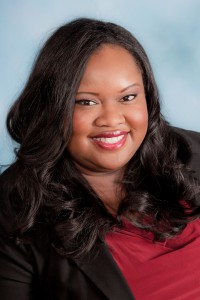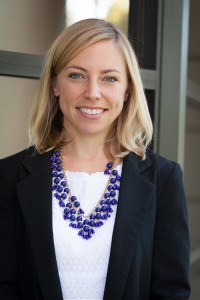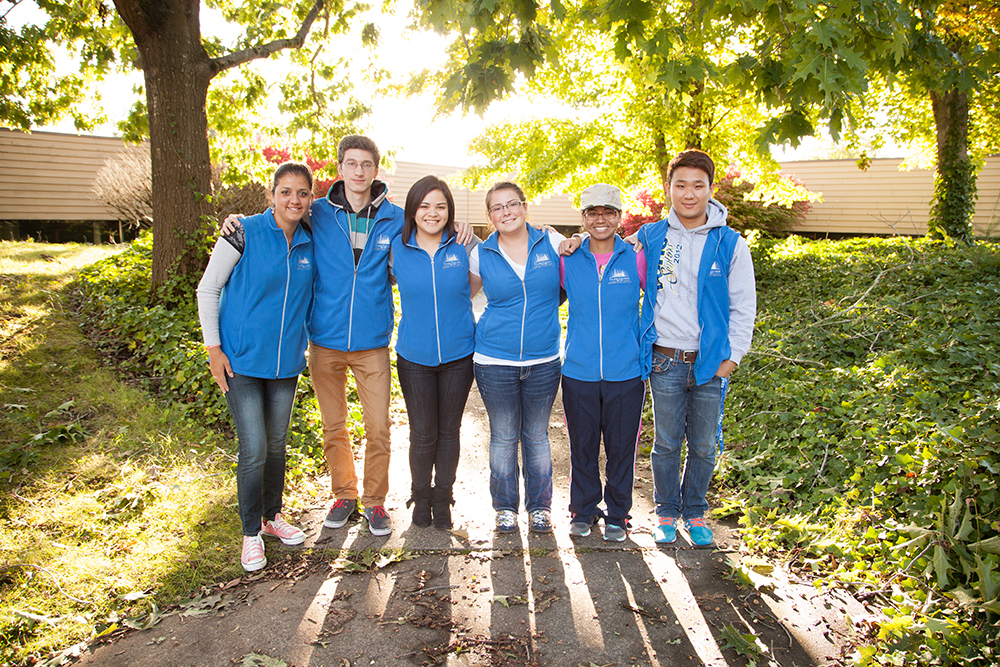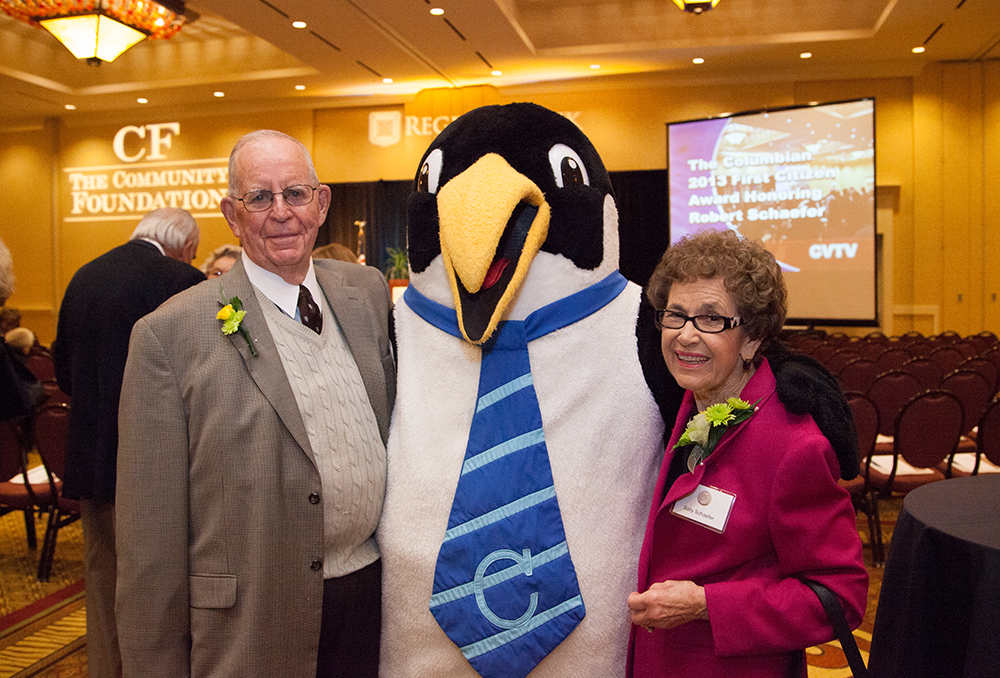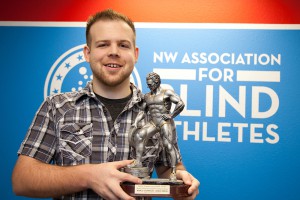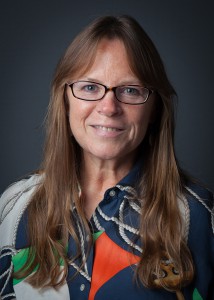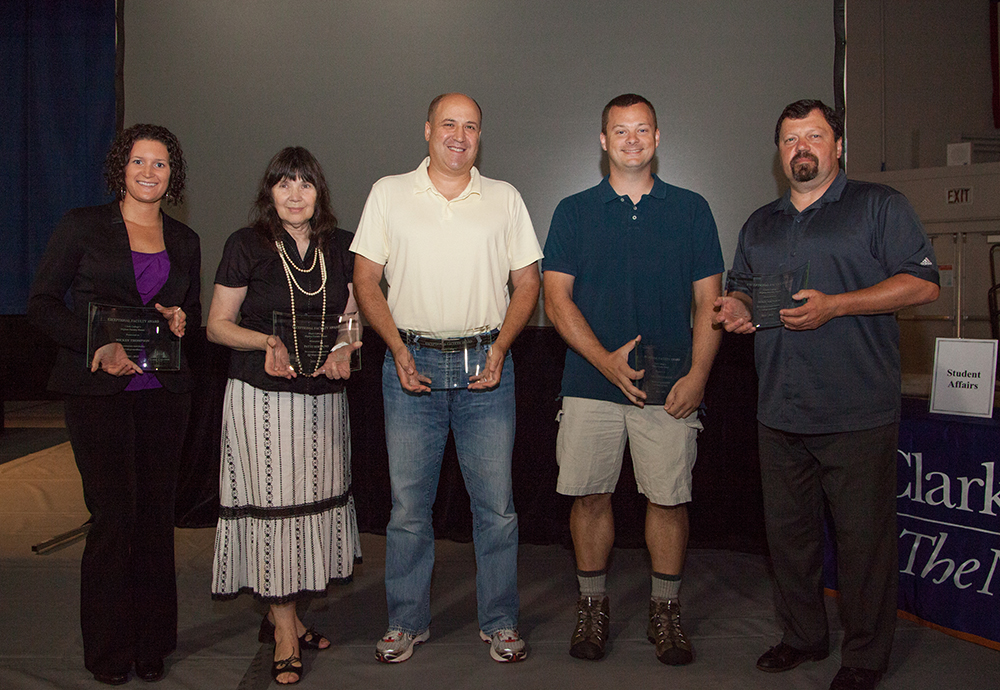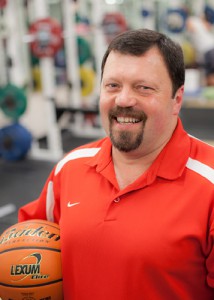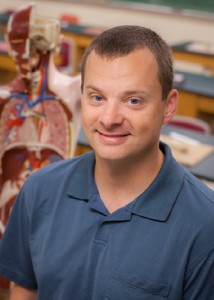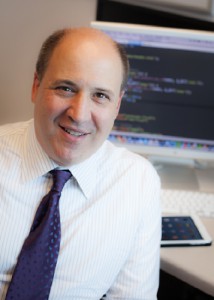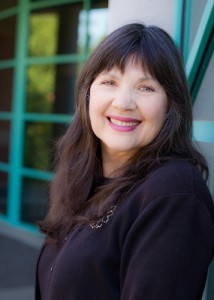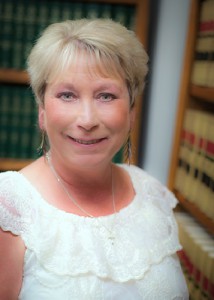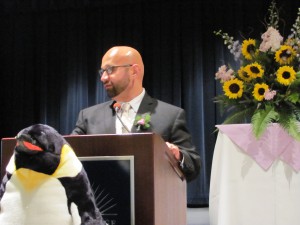Iris Awards Announced

The 2014 Iris Award honorees: Kris M. Henriksen, Program Coordinator at the Clark County Department of Community Services; Kristy Weaver, Senior Vice President/Team Leader at Pacific Continental Bank; and Sherri McMillan, owner of Northwest Personal Training.
Three women who are leaders in youth advocacy; health and wellness; and business and banking are the winners of the 2014 Iris Awards, honoring women of achievement in Southwest Washington.
The awards will be presented to Kris M. Henriksen, Program Coordinator at the Clark County Department of Community Services; Sherri McMillan, owner of Northwest Personal Training; and Kristy Weaver, Senior Vice President/Team Leader at Pacific Continental Bank.
Henriksen, McMillan, and Weaver will be honored on March 13 (five days after International Women’s Day), in Clark College’s Gaiser Student Center. Following a 5 p.m. reception, the awards ceremony will begin at 6 p.m.
Tickets are on sale through the Greater Vancouver Chamber of Commerce. Tickets are $35.00 per person. Seating is limited.
The Iris Awards are supported by Clark College, the Clark College Foundation, Greater Vancouver Chamber of Commerce and the Vancouver Business Journal, which publishes the “Women in Business” directory, the only Portland/Vancouver metro area directory of businesses that are owned, directed or managed by women. The Iris Award winners will be featured in the 2014 “Women in Business” directory.
The 2014 Iris Award Recipients
Kris M. Henriksen
Kris M. Henriksen is the Program Coordinator at the Clark County Department of Community Services. For the past 10 years, Henriksen has been the driving force behind creating, developing, and sustaining TeenTalk, a peer-to-peer support line that is youth-led and continually evolving. The program has received national recognition for its innovative, youth-driven marketing plan.
For her work, Henriksen received the Anne Turner Excellence in Volunteer Management Award in 2011. She has recruited and trained more than 170 youth volunteers.
Henriksen holds a Bachelor of Science degree in behavioral sciences from Concordia University and has put in more than 350 training hours in Building on Developmental Assets, Mental Illness Awareness, Crisis Response, Wraparound Team Facilitation, Community Networking, Cultural Competency, Building on Natural Supports, Mediation Skills, Motivational Interviewing, Developing Family Strengths, Youth Advocacy, Interpersonal Communication, and Humanizing the Workplace.
Outside of her day-to-day work, Henriksen is certified to teach Youth Mental Health First Aid classes in the community. She has helped to coordinate Challenge Day programs in two local high schools each year for the last four years, and volunteers as part of the City of Camas Board of Adjustments, Children’s Sharing Project.
Sherri McMillan
Sherri McMillan is the owner of Northwest Personal Training, celebrating its 14th anniversary in downtown Vancouver. Her company has been recognized as the BBB Business of the Year, Chamber of Commerce Community Builder Award winner and voted No. 1 Fitness & Training studio by the Columbian and the Vancouver Business Journal.
McMillan holds a master’s degree in Exercise Physiology and has been inspiring the world to adopt a fitness lifestyle for nearly 25 years. She has received numerous industry awards including 2010 CanFitPro International Fitness Presenter of the Year, 2006 IDEA Fitness Director of the Year, 1998 IDEA Personal Trainer of the Year, and 1998 CanFitPro Fitness Presenter of the Year.
In addition to being a fitness trainer, McMillan is a fitness columnist for various magazines and newspapers (including the Columbian); author of five books and manuals including Go For Fit – the Winning Way to Fat Loss, and Fit over Forty; featured presenter in various fitness DVDs; international fitness presenter; and a spokesperson for Nike, Schwinn and PowerBar.
She is also the Event Director for a number of very successful local events including the Girlfriends Run for a Cure, the Girlfriends & Dudes Triathlon, the Summer Solstice and March Muddy Madness. She has participated in numerous community fundraising events including Dancing with the Stars and Glamorous Gams and has raised nearly $500,000 for local charities over the years. She can be found running, biking or hiking with her daughter, Brianna, and her son, Jackson.
Kristy Weaver
Kristy Weaver is the Senior Vice President and Southwest Washington Team Leader at Pacific Continental Bank, focusing her efforts on developing commercial and non-profit relationships. With nearly 25 years of experience in the banking industry, Weaver’s professional and action-oriented style complements the overall management of Pacific Continental Bank.
Weaver serves on the board of directors at the Greater Vancouver Chamber of Commerce, the Children’s Center, and the Legacy Health Salmon Creek Hospital Foundation. Weaver also actively participates in a variety of community and civic organizations including the Community Foundation Professional Advisory Council and Vancouver’s Downtown Association’s First Friday Artwalk.
She graduated from Northwest Intermediate Commercial Lending School and the Western Banking School of Bank Management. She is currently enrolled in Pacific Coast Banking School, a national graduate school for banking, and will complete her program this summer.
Weaver is a native of Washougal who calls Vancouver her home. She has been married to her husband, Kevin, for nine years. They are devoted to their dog, Jackson, who was adopted from the Humane Society of Southwest Washington. Avid golfers, they love to retreat to Manzanita, Oregon whenever time allows. The most valued things to Weaver are family, friends and community.
Photo: Clark College/Jenny Shadley
